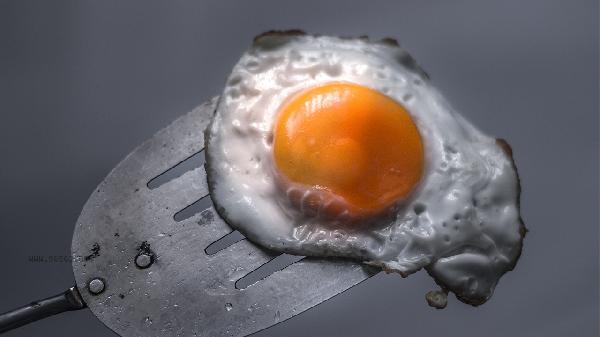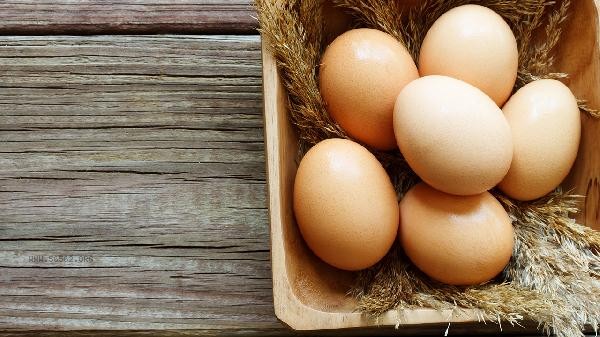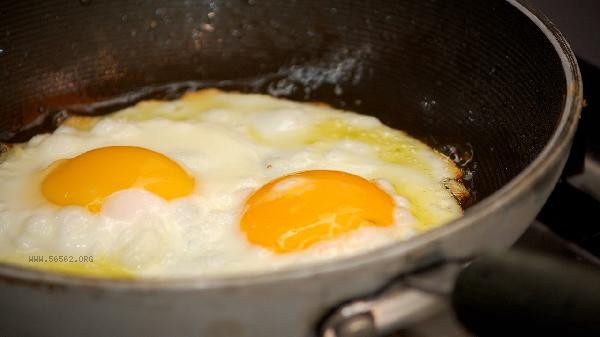High protein and low calorie foods mainly include chicken breast, shrimp, eggs, lean beef, tofu, etc. These foods are rich in high-quality protein and have low fat content, making them suitable for people who need to control their weight.

1. Chicken breast
Chicken breast is a typical high protein and low-fat meat, containing about 31 grams of protein per 100 grams and only 165 calories. It has a high protein digestion and absorption rate, contains all essential amino acids, and is suitable for consumption during fitness, muscle building, or fat loss periods. When cooking, it is recommended to remove the skin and boil it in water or grill it to avoid frying and adding extra heat.
2. Shrimp
Shrimp has a protein content of 20 grams per 100 grams and less than 1 gram of fat, making it a low cholesterol seafood. Rich in taurine and zinc elements, it can promote protein synthesis and metabolism. Pay attention to choosing fresh shrimp blanched for consumption, avoid high oil stir frying, and be cautious for those who are allergic to seafood.
III. Eggs
Egg white is an almost perfect source of protein, with a single egg white containing 3.6 grams of pure protein and 17 calories. Egg yolks contain healthy fat but high calories, and those who control their weight can increase the proportion of egg white. It is recommended to use methods such as steaming or boiling eggs, and consume no more than 2 whole eggs per day.

4. Lean Beef
The protein content of beef tenderloin or tendon meat is about 26 grams per 100 grams, and the parts with fat content below 10% should be selected. Rich in heme iron and vitamin B12, it is recommended to cook with clear stew or boiling methods, avoiding cooking with animal fats. Gout patients need to control their intake.
5. Tofu
North tofu contains 12 grams of plant protein per 100 grams, with only 84 calories, and contains active substances such as soy isoflavones. Its fat is mainly unsaturated fatty acids, suitable for cold dishes or soups. People with weak gastrointestinal function should control their single consumption to avoid bloating and discomfort.

Maintaining a high protein diet requires attention to overall calorie balance, and it is recommended to supplement dietary fiber with dark vegetables. supplementing protein within 30 minutes after exercise is more effective, and whey protein can be chosen in a sugar free version. Individuals with renal dysfunction should control their protein intake under the guidance of a doctor. Long term consumption of a single high protein diet may increase the burden on the liver and kidneys. It is recommended to undergo regular nutritional assessments.








Comments (0)
Leave a Comment
No comments yet
Be the first to share your thoughts!